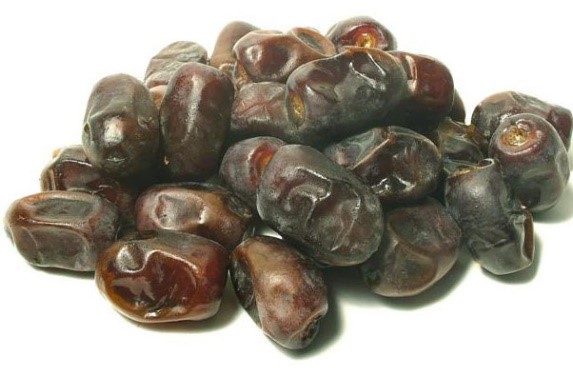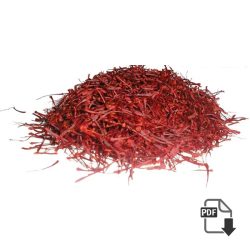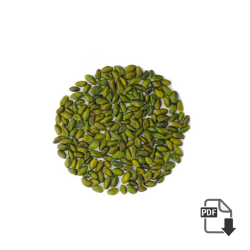—! Worms in Pistachios, Truth, or Myth !—
In modern pest control methods, pistachio trees have a broader approach, and instead of controlling a pest, controlling all pests and using a variety of methods instead of one. So, the question is: Worms in pistachios, truth or myth?
Please for more information or any inquiry click here ……
In this post, we try to describe some Important pests of pistachio trees and answer the question that ” Do pistachios have worms in them”. please notice to it.
Important pests of pistachio trees and how to prevent them
Ordinary Pistachio Pisces (Sap)
Ordinary pistachio pistil is a class of pistachio pest that spreads all over the pistachio trees. Gardeners call it dry sap because the honey excreted from the bottom of the nymphs dried out in the air turns into circular seed-like seeds that fall on the lower leaves and under the trees, and sometimes the waxy sap The bottom of the nymphs’ body exits. The activity of pistachio pistil during the first three seasons of the year (spring, summer, and autumn) with little difference in damage and life span. How to fight pistachio psyllium It is effective to use several methods of fighting such as biological control, yellow cards, chemical control, and use of field operations.
https://www.irandriedfruit.com/persian-pistachios/
kermania pistacia
The insect has one generation per year and spends the winter in full larvae within the pistachio branches, and in late winter the larvae emerge from the branches and settle on the branches and near the bud and the gray cocoon around them. They are boring.
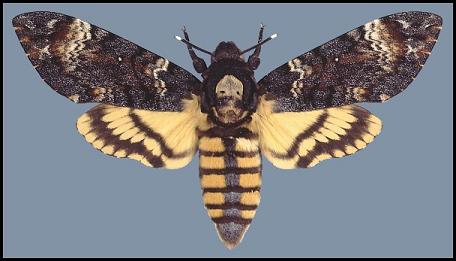
After hatching, the larvae enter the branches and feed on the cluster’s axis, killing 5 to 8% of the cluster’s fruit and sometimes drying the entire cluster and causing it to fall.
The woodpecker only attacks pistachio trees and its damage is in two ways: Some butterfly larvae feed on the cluster’s axis, killing about 5 to 8 percent of the cluster’s fruit, and sometimes the whole cluster is dried. Other larvae enter the branch and feed on the wood brain, thereby forming corridors inside the wood. The branches that are attacked grow less and therefore the total amount of crop declines the following year. The best way to combat Kermania pistaciella is to prune the infected shoots.
Hylesinus vestitus
Broodstock beetles damage pistachio trees during puberty attack the branches nourish the shoots of the shoots and cause tree sterility to remain productive. Most of the insect damage during the spring and summer seasons is due to the feeding of adults on pistachio buds. For non-chemical warfare with timber beetles, combining combat involves physical activities such as timely pruning, keeping the garden clean, regular watering, and proper nutrition.
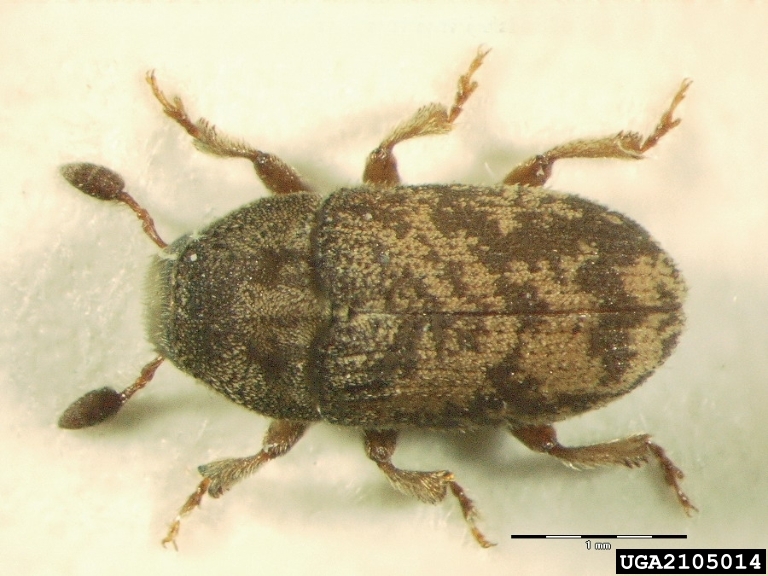
Pistacia Bug:
Full ages leave in mid-April to overwinter, and in the event of adverse environmental conditions and drying up of wild hosts and population growth, they migrate to pistachio gardens, first through weeds in and around pistachio gardens and then It feed on pistachio fruits. How to fight pistachio ages is to support natural enemies, especially parasitic bees, by reducing the rate of spraying. Farming as well as avoiding and destroying wild hosts of old age in the mountainous areas and plains surrounding the pistachio gardens.
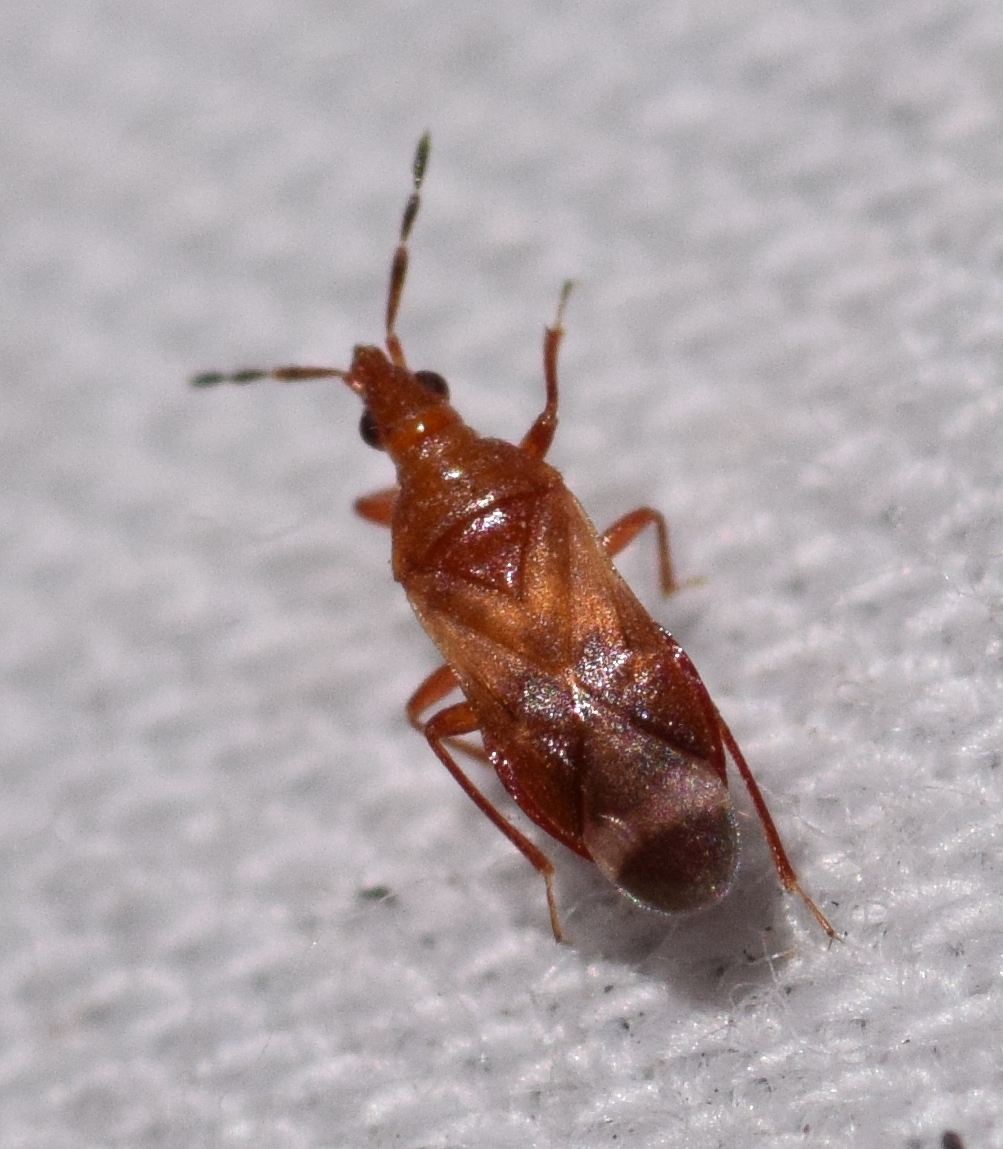
Idiocerus Stali
This pest, known as sap, is present in pistachio areas but is not an important pest of pistachio areas. Feeding the nymphs of the nymphs from the fruit causes them to become black and shriveled. Specific action against this pest is generally not recommended, but in some cases, the pest should be sprayed when the chains fail to spawn. For this purpose, spraying should occur when the buds of leaves and flowers emerge.
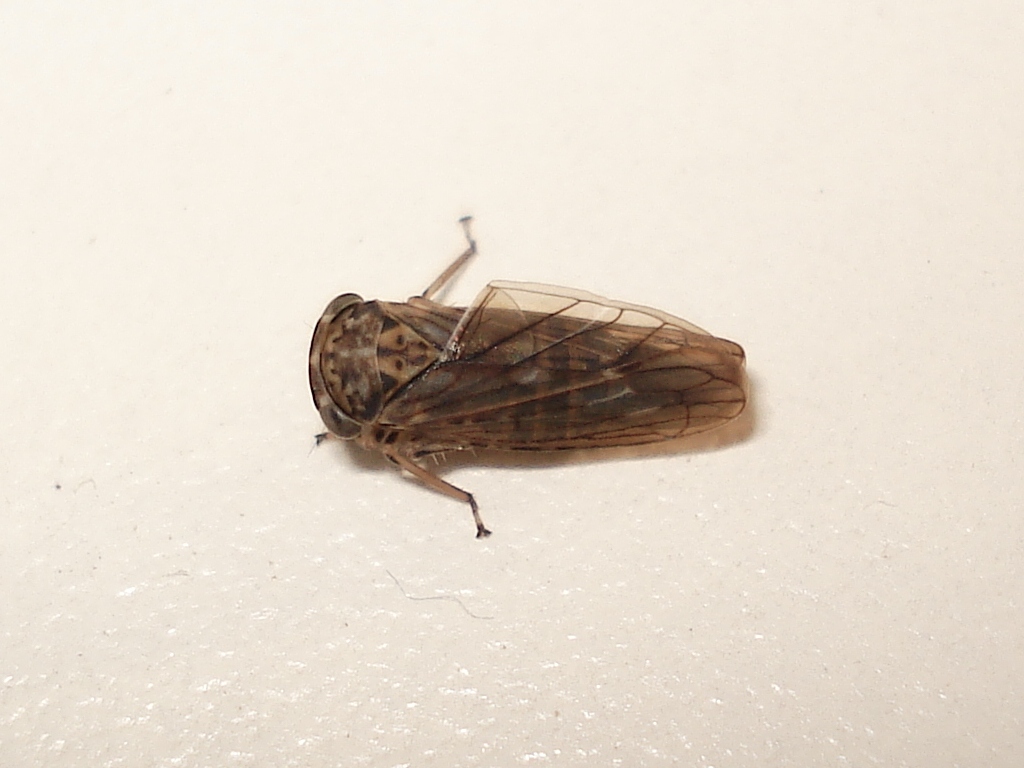
Ocneria Terebinthina
Puppies remain in winter in shelters, being damaged by larvae and feeding on leaves. The time to fight it is when at least one-third of the leaves of trees are found on at least one larva.
Please for more information or any inquiry click here ……
To find out more about pistachios or to order them, please Contact Us.
All Type Of Pistachios
-
Round Pistachio | Fandoghi Pistachio Special price + analysis + sale offer
Round Iranian Fandoghi Pistachio High Quality Only for Export : This type of Pistachio is the least expensive type among all the pistachios. The reason why its price is lower than other types is because of its shape and high…
-
iranian Ahmad Aghaei Pistachio Special price + analysis + sale offer
Ahmad Aghaei Pistachio ( Long iranian Pistachios ) : This type of Pistachio (Long Ahmad Aghaei Pistachio) is one of the popular types. The reason why it is popular than the other type of pistachio is that it has the…
-
Iranian Jumbo Pistachio | Kale Ghuchi Pistachio Special price + analysis
This type of Pistachio is the most delicious type among all the pistachios. The reason why it is tastier than the others is it is fattier. The color of the Jumbo Pistachio shell is naturally light cream. As it is…
-
pistachio kernel Special wholesale price + analysis + sale offer
Producers make Pistachio Kernel from all types of Pistachios. A quality factor for kernels is their sizes. The more the color of the kernel`s second skin is violet and sharp the more it is popular among users. Higher the level…
-
Green Pistachio Kernel ( GPPK ) Special wholesale price + analysis
Producers make Pistachio Kernel from all types of Pistachios. A quality factor for kernels is their sizes. The more the color of the kernel`s second skin is violet and sharp the more it is popular among users. Higher the level…

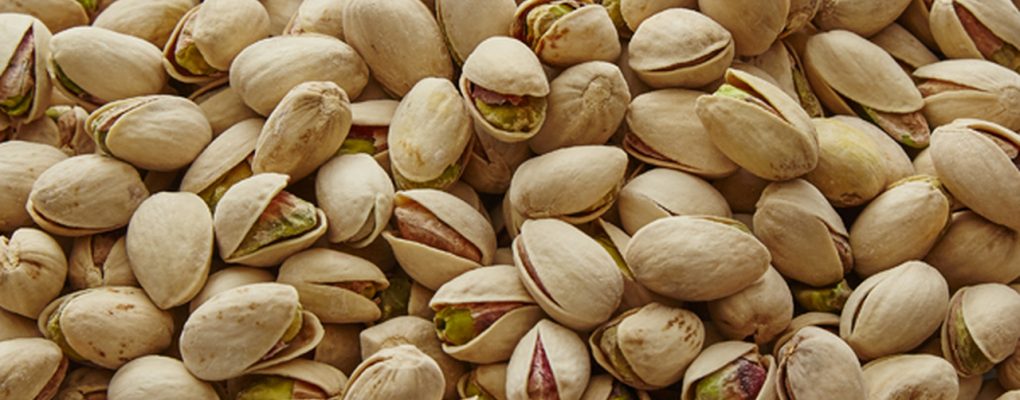
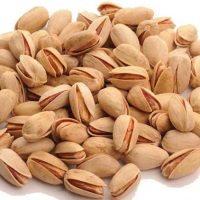
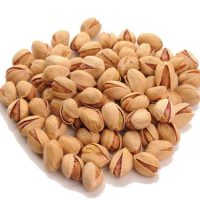
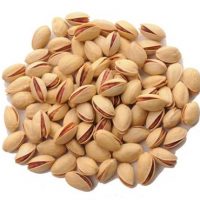
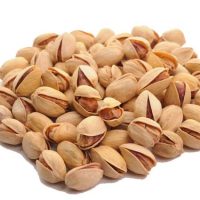
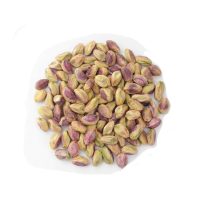
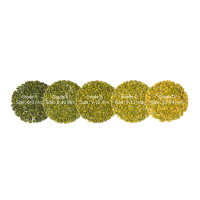
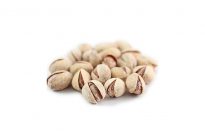
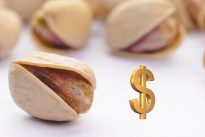
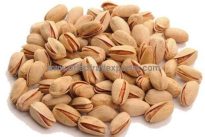
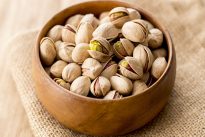
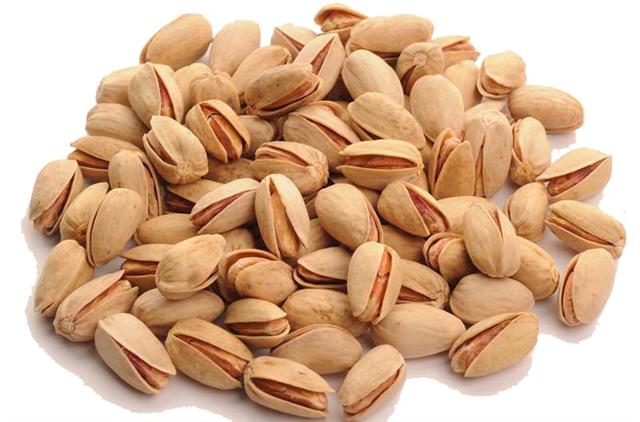
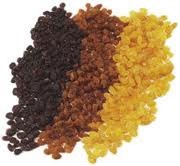 3 kind raisin
3 kind raisin 